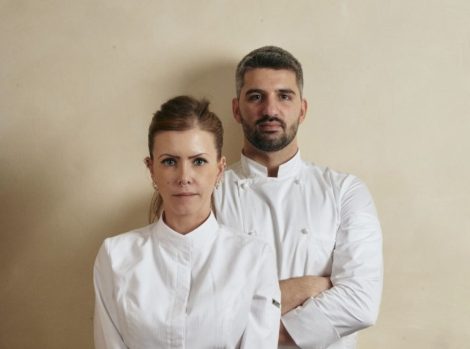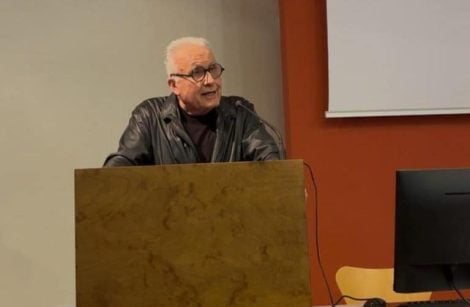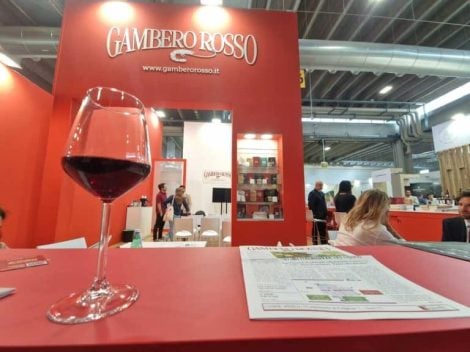“No. In Italian cities, there won’t be just hit-and-run dining.” Eugenio Boer, chef and owner with his partner Carlotta Perilli of Bu:r, a gastronomic restaurant in the centre of Milan (via Mercalli), rebels against the apocalyptic vision of his colleague Simone Cipriani. A few days ago, Cipriani announced the closure of his Essenziale in Florence after eight years and, in an interview with Gambero Rosso, spoke of a "huge change in clientele, not in the flow of people but in the average receipt and in the interest of our customers towards the offer." According to Cipriani, "the market is increasingly difficult to follow because it is constantly changing" and "speaking with various colleagues, the feeling is that this change is happening in many Italian cities, as if it has become a social issue. Once in the city, there were many of us doing cool things. Now we are becoming a showcase city like Venice, and it is increasingly difficult to maintain ethics and integrity in catering. Big cities are becoming a merry-go-round for hit-and-run tourists."
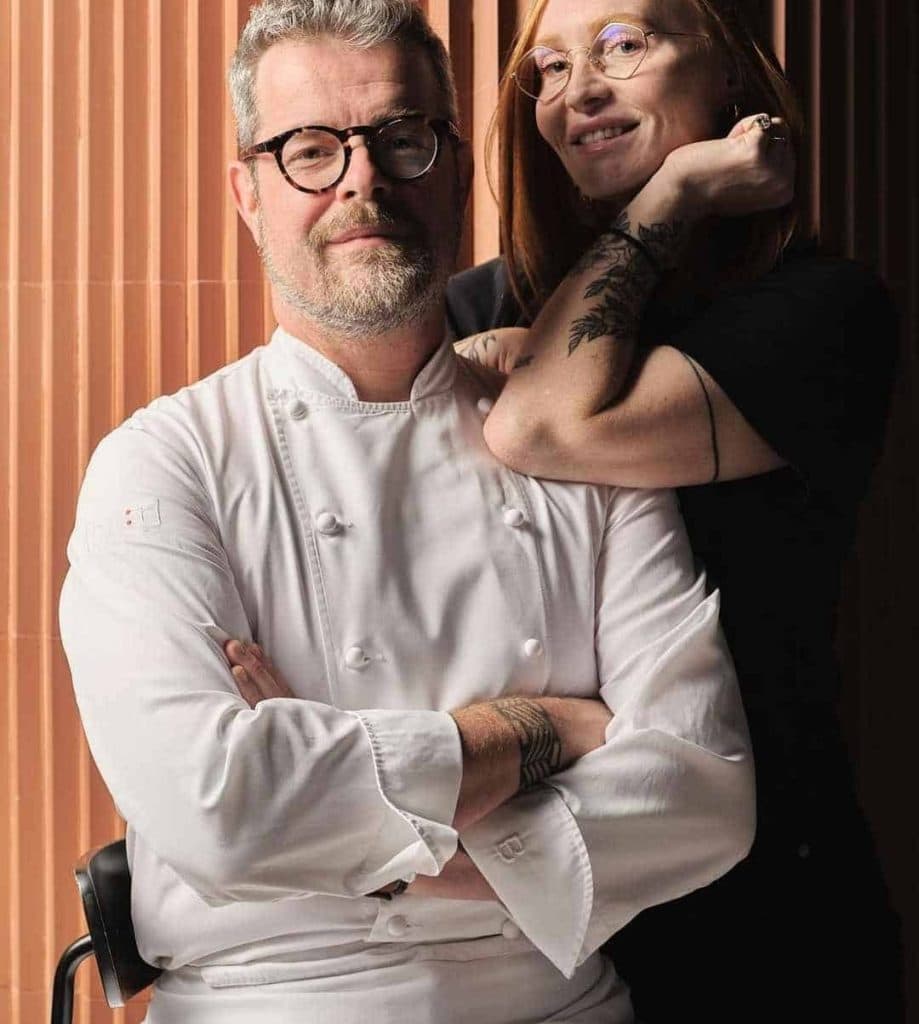
Eugenio Boer with his wife and partner Carlotta Perilli
Boer, do you agree with Cipriani?
I don’t think we can generalise. Each city centre has its own unique tourism. But I believe that in Italian cities, dining won’t be just a hit-and-run affair.
Your restaurant is in Milan, a city that was once not considered touristy but is now on travellers' routes in Italy. Do you think certain phenomena could occur here as well?
Milan is different. It’s true that lately we’ve seen data suggesting Milan is also becoming a tourist city, but that is not yet, in quotes, the core business of gastronomic dining, which includes everything done well. Milan is still a short-term tourist destination, two days, one night, at most three days and two nights. Of course, within this type of tourism, you also find the gastronomic clientele that comes to our restaurant.
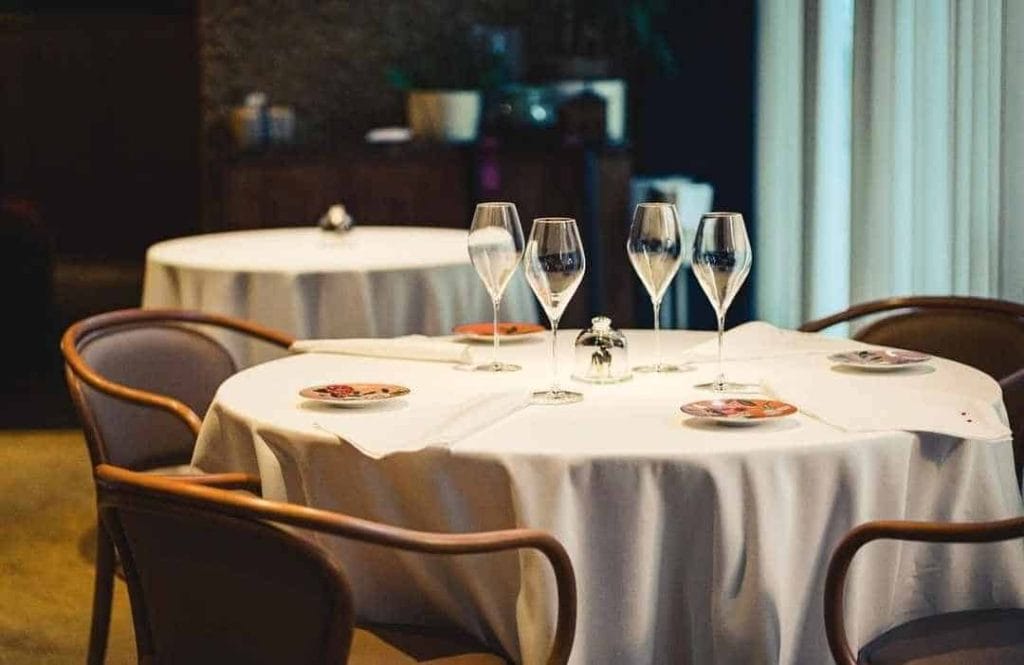
So, Milan will never be Florence?
Certainly, Milan doesn’t have such a large mass. If we look at Simone’s (Cipriani, ed.) situation, it’s different. Florence is much more of a tourist destination than Milan and is also the crossroads of an extremely touristy region. Sure, Milan also has Lake Como and Franciacorta nearby, but we’re talking about two cities with different tourism histories.
Milan isn’t Florence, you’re not Cipriani. But is Simone right to close? Aren’t there other ways to respond to market changes without giving up?
A restaurant definitely now has to be sustainable from all points of view, including the remuneration of both workers and investors. Closing a restaurant business isn’t easy because 99 times out of 100 you have a significant bank exposure, which you manage linearly if the restaurant is doing well, but if you suddenly decide it’s not worth it, closing comes at a huge cost.
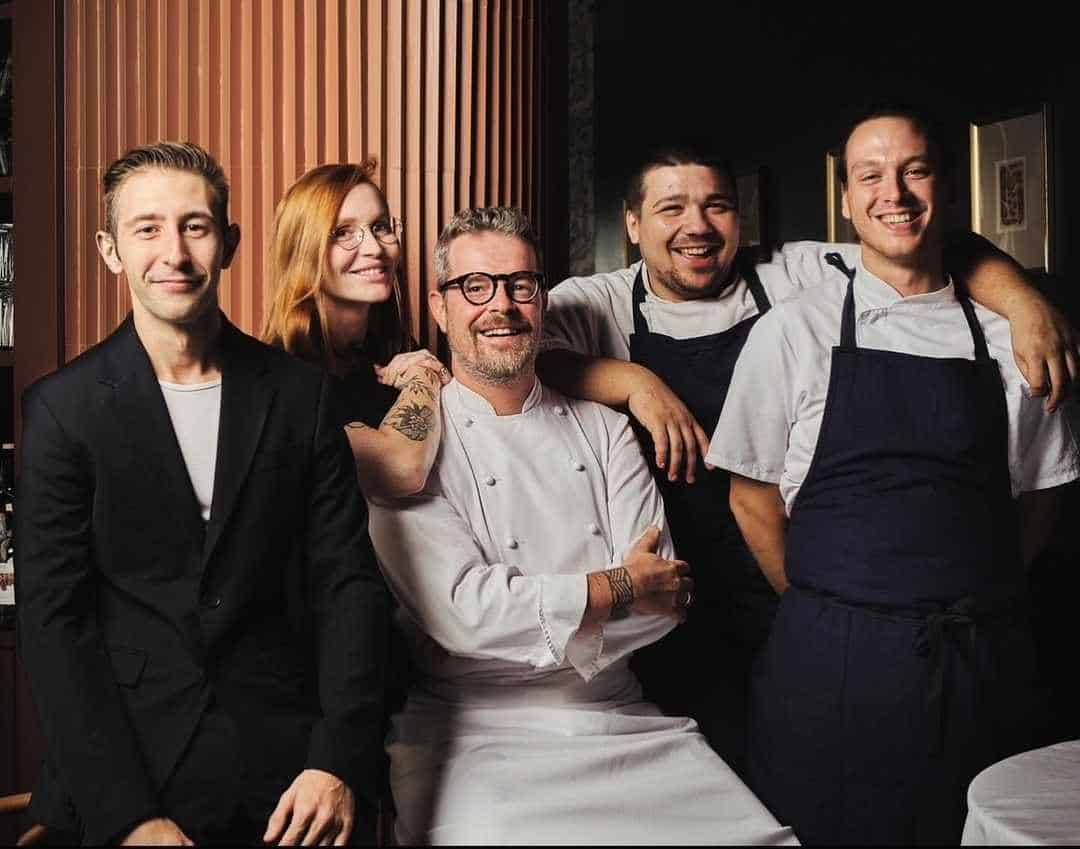
Bu:r team
So, better to reinvent oneself? Abandon fine dining?
Yes, you can reinvent yourself, but not necessarily by lowering standards. In the end, it’s always a matter of listening to what the clientele wants at the moment. I always hear people say that haute cuisine is dead, but I completely disagree. Of course, we need to ask ourselves what part of haute cuisine has become a bit boring and reshape it without losing our essence. That should never happen.

Simone Cipriani
There’s another problem. Tourists are often foreigners. If you don’t have a star or other recognitions, how does a foreigner come to you?
Gaining a certain type of clientele, let’s call it a gastronomic clientele, is certainly a slow process. Obviously, recognitions in general accelerate this because they expand your customer base. But in the end, things go as they should. I speak for myself because I can't speak for others: we are quite satisfied because we have our foreign clientele that grows every year and is extremely well-matched to the type of dining we offer. In six years, I don’t think we’ve ever had a table that made us think: they’ve chosen the wrong restaurant. In the end, those who are supposed to find you, somehow, will.

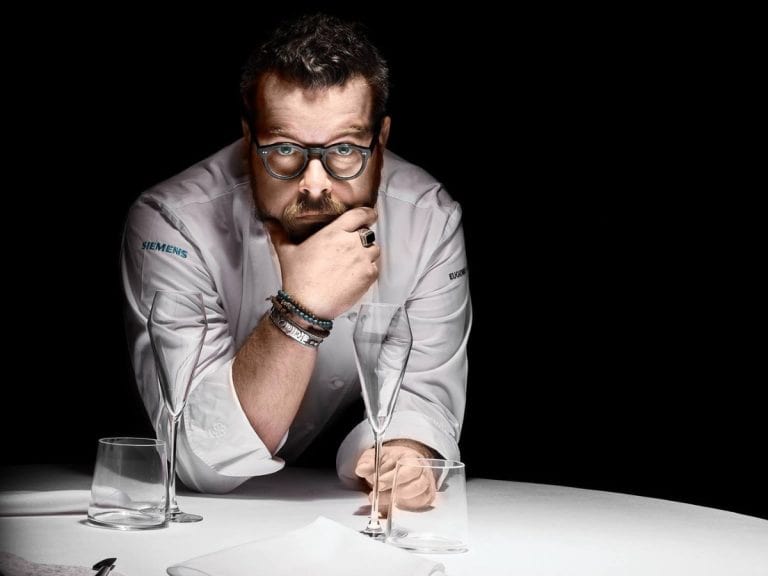
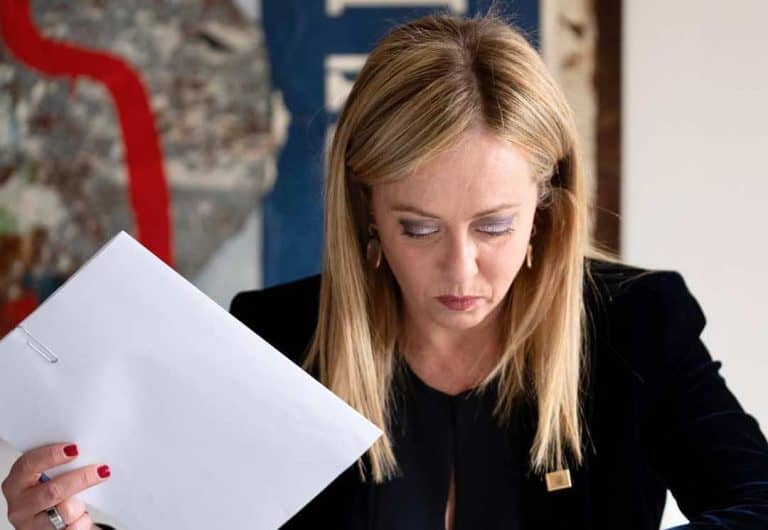 Meloni: "Tariffs? If necessary, there will be consequences. Heavy impact on agri-food sector"
Meloni: "Tariffs? If necessary, there will be consequences. Heavy impact on agri-food sector"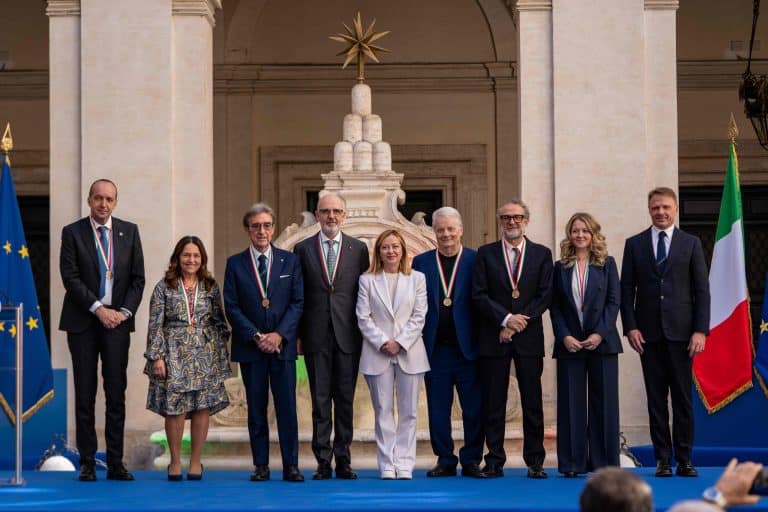 The Government honours the greats of Italian cuisine, from Bottura to Pepe. Massari: "Thank you, Meloni, the only one who listened to us"
The Government honours the greats of Italian cuisine, from Bottura to Pepe. Massari: "Thank you, Meloni, the only one who listened to us"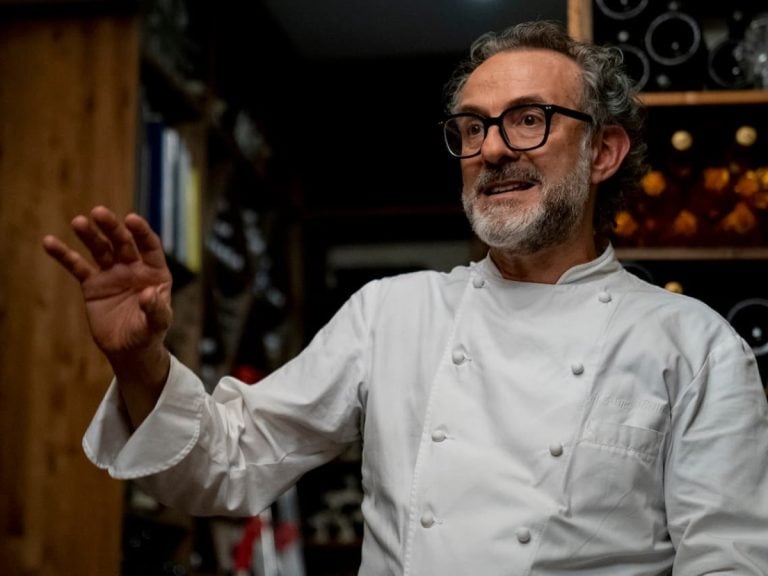 "We must promote a cuisine that is not just for the few." Interview with Massimo Bottura
"We must promote a cuisine that is not just for the few." Interview with Massimo Bottura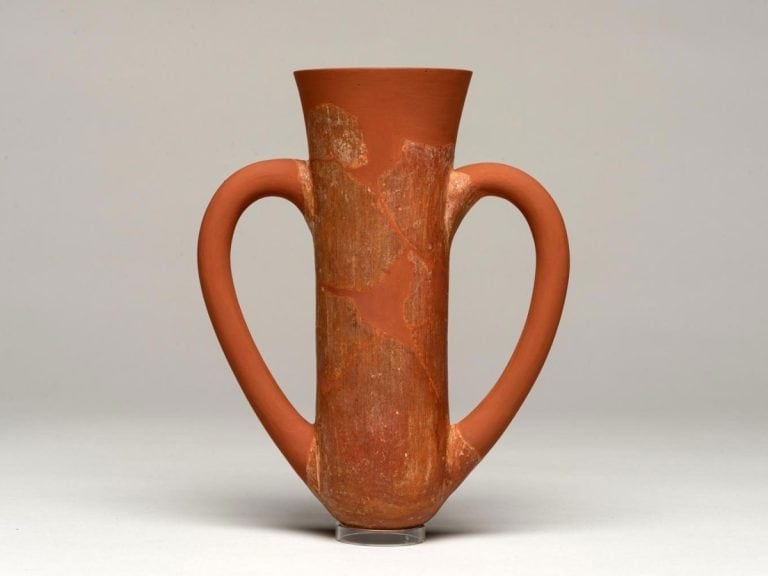 Wine was a drink of the people as early as the Early Bronze Age. A study disproves the ancient elitism of Bacchus’ nectar
Wine was a drink of the people as early as the Early Bronze Age. A study disproves the ancient elitism of Bacchus’ nectar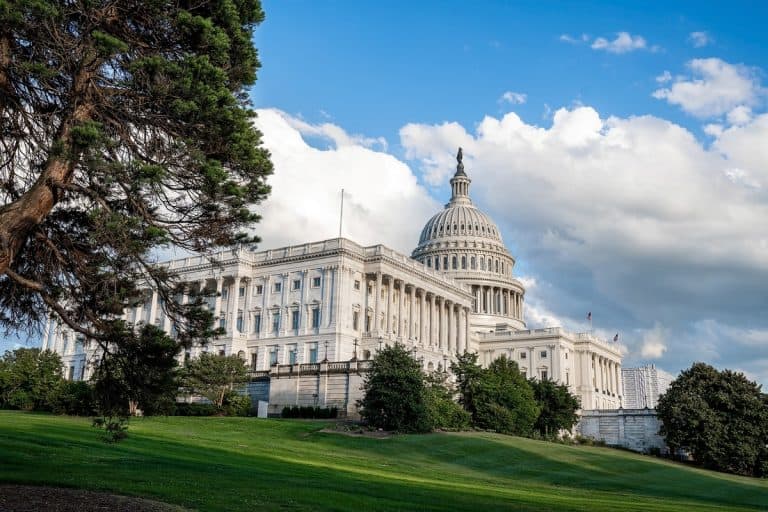 "From 2nd April, US tariffs between 10% and 25% on wine as well." The announcement from the Wine Trade Alliance
"From 2nd April, US tariffs between 10% and 25% on wine as well." The announcement from the Wine Trade Alliance